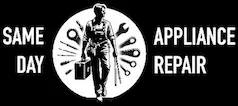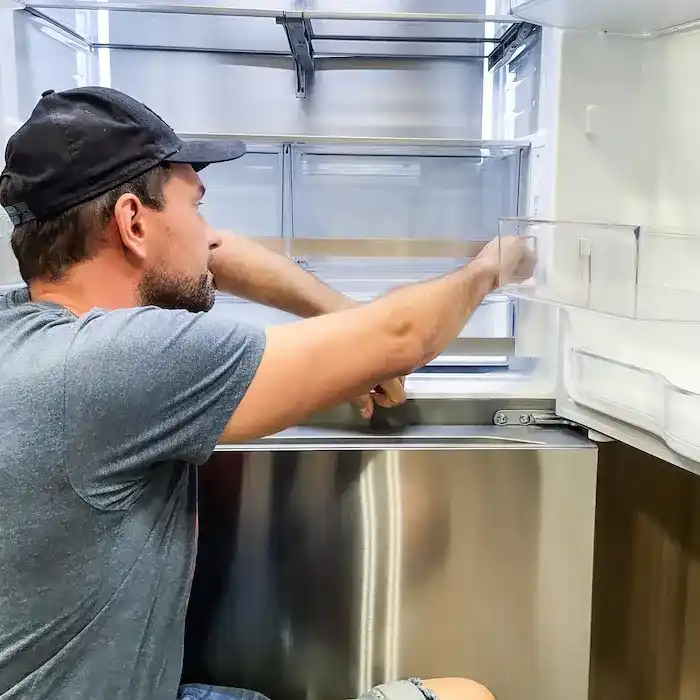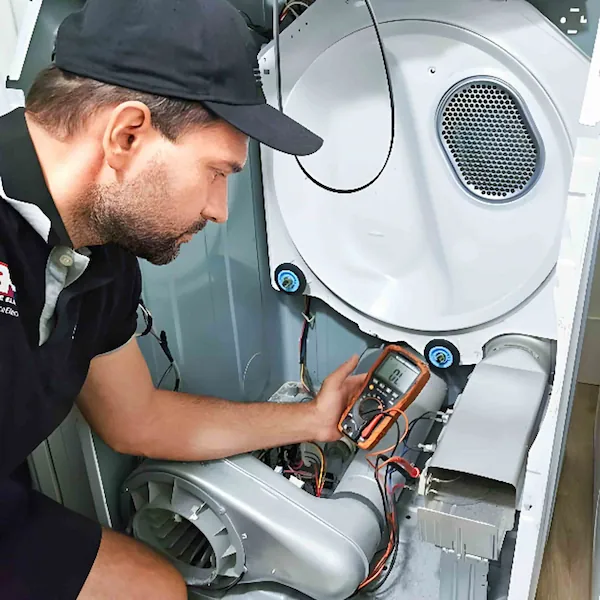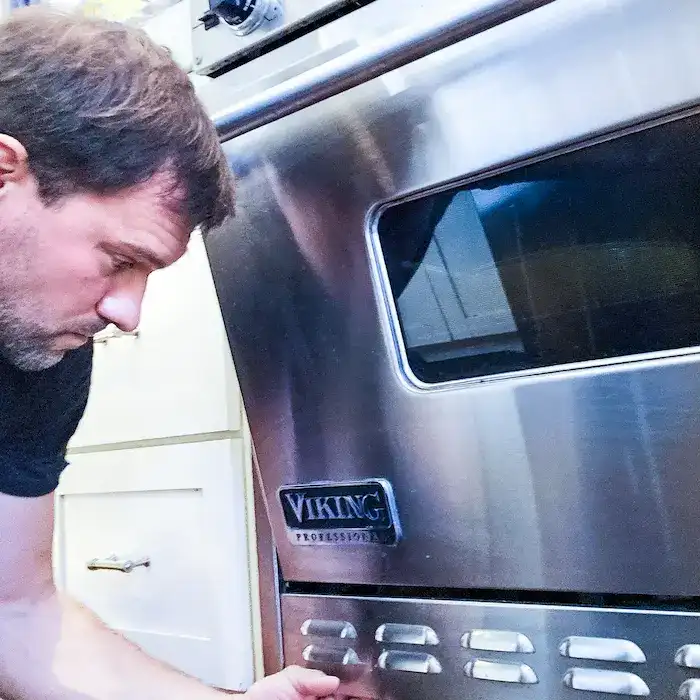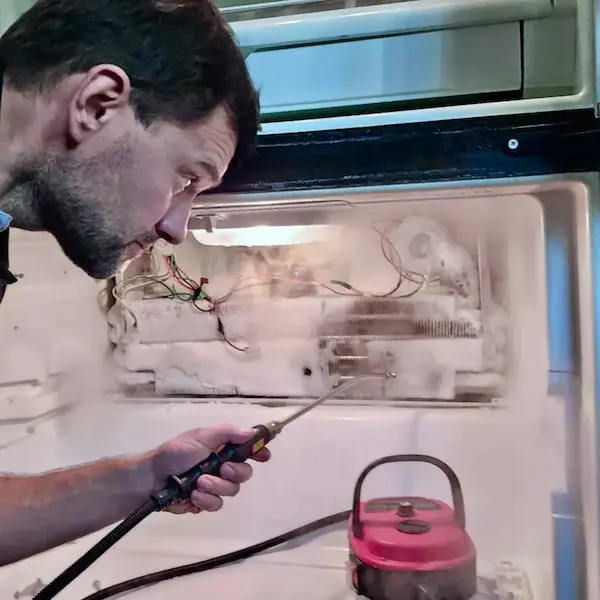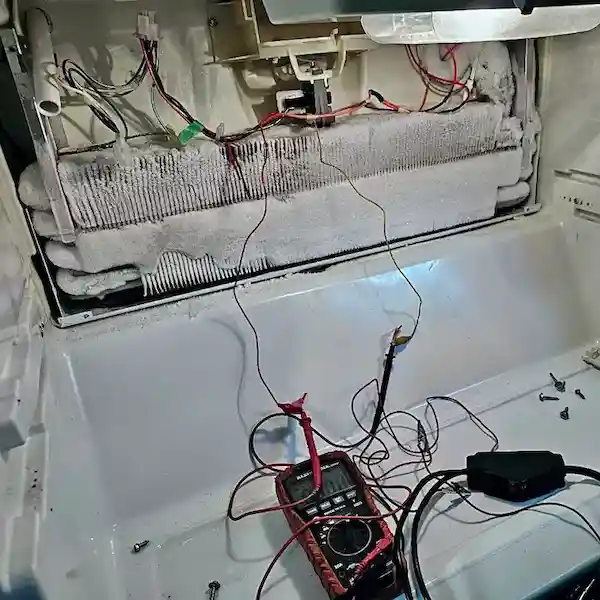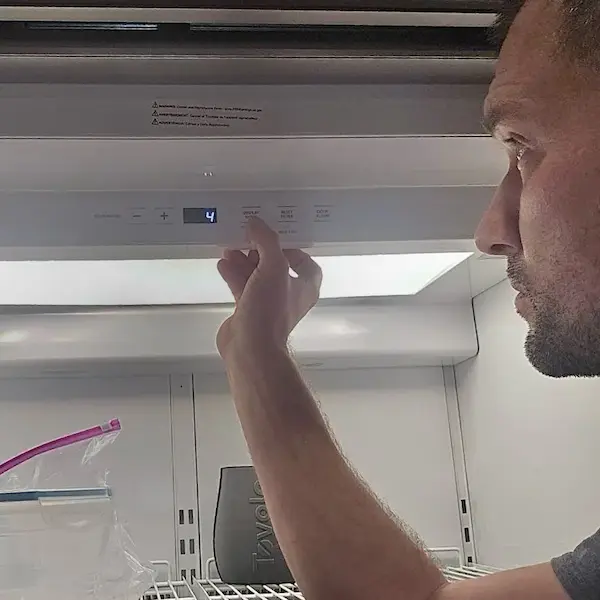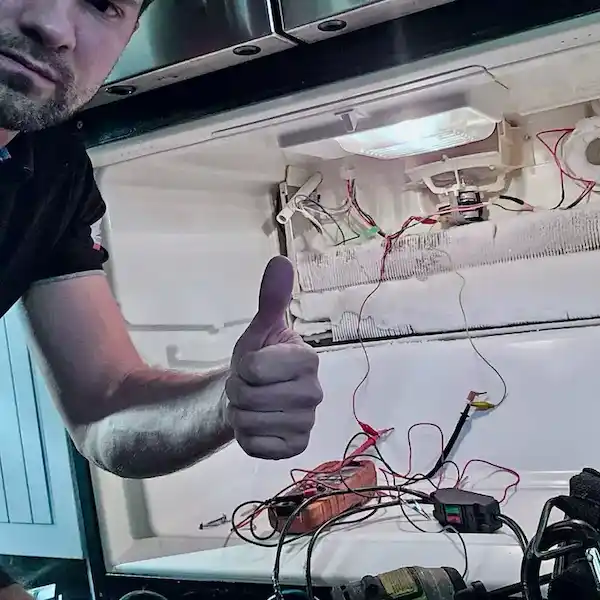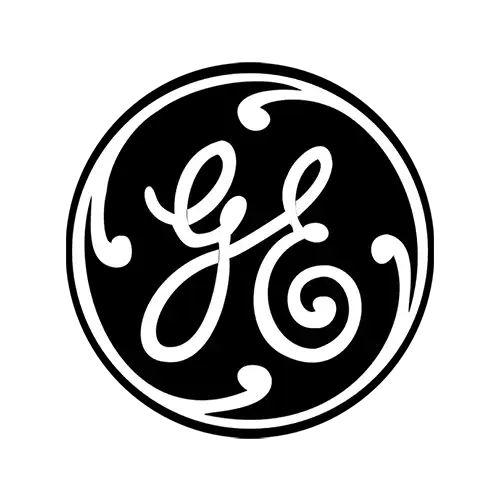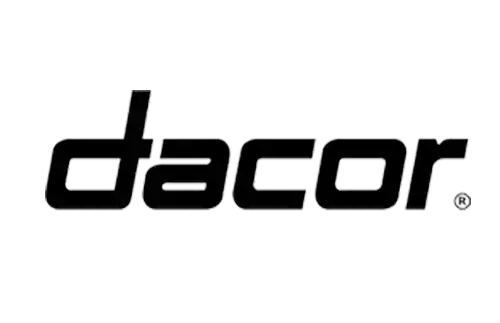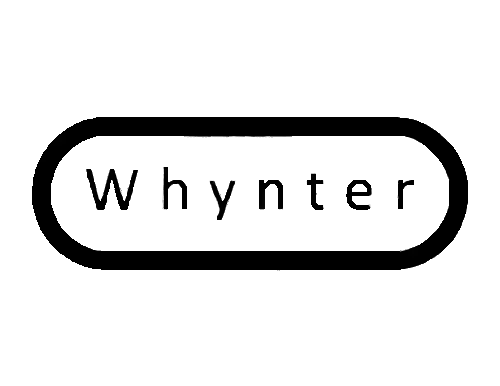Same-Day Household Refrigerator and Freezer Repair in Los Angeles and Nearby Areas
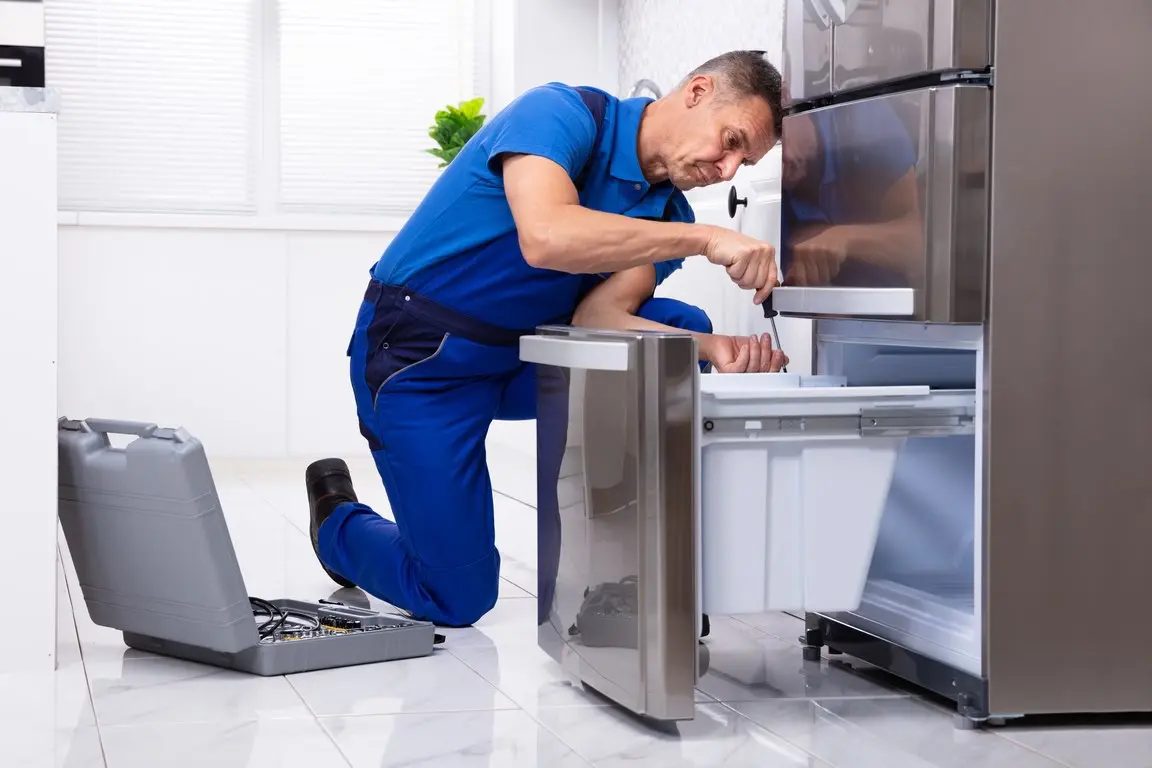
At Same Day Appliance Repair, we understand how essential a fully functional refrigerator and freezer are in every household. Our team of experienced, factory-trained technicians offers professional service in refrigerator repair and freezer repair throughout Los Angeles and surrounding areas. We're equipped to restore your appliances to peak performance from Whirlpool and GE to LG, Samsung, Frigidaire, KitchenAid, Maytag, and many other major brands. We know that a broken freezer or malfunctioning fridge can disrupt your daily routine, so our technicians work efficiently to diagnose and resolve issues, ensuring minimal downtime with reliable repair service.
Whether you need small appliances fixed or major freezer repairs, we handle everything from control board malfunctions to replacement parts for temperature regulation. Common issues we address include unusual noises, compressor problems, thermostat issues, and door seal repairs. We proudly serve homeowners in Los Angeles and nearby areas with same-day repair service to keep your kitchen operating smoothly. Schedule a service appointment with us today, and let us quickly get your freezer and fridge back in working condition.
